Dark patterns on online interfaces of online platforms are practices that materially distort or impair, either on purpose or in effect, the ability of recipients of the service to make autonomous and informed choices or decisions. Those practices can be used to persuade the recipients of the service to engage in unwanted behaviours or into undesired decisions which have negative consequences for them. Providers of online platforms should therefore be prohibited from deceiving or nudging recipients of the service and from distorting or impairing the autonomy, decision-making, or choice of the recipients of the service via the structure, design or functionalities of an online interface or a part thereof. This should include, but not be limited to, exploitative design choices to direct the recipient to actions that benefit the provider of online platforms, but which may not be in the recipients’ interests, presenting choices in a non-neutral manner, such as giving more prominence to certain choices through visual, auditory, or other components, when asking the recipient of the service for a decision.
It should also include repeatedly requesting a recipient of the service to make a choice where such a choice has already been made, making the procedure of cancelling a service significantly more cumbersome than signing up to it, or making certain choices more difficult or time-consuming than others, making it unreasonably difficult to discontinue purchases or to sign out from a given online platform allowing consumers to conclude distance contracts with traders, and deceiving the recipients of the service by nudging them into decisions on transactions, or by default settings that are very difficult to change, and so unreasonably bias the decision making of the recipient of the service, in a way that distorts and impairs their autonomy, decision-making and choice. However, rules preventing dark patterns should not be understood as preventing providers to interact directly with recipients of the service and to offer new or additional services to them. Legitimate practices, for example in advertising, that are in compliance with Union law should not in themselves be regarded as constituting dark patterns. Those rules on dark patterns should be interpreted as covering prohibited practices falling within the scope of this Regulation to the extent that those practices are not already covered under Directive 2005/29/EC or Regulation (EU) 2016/679.
